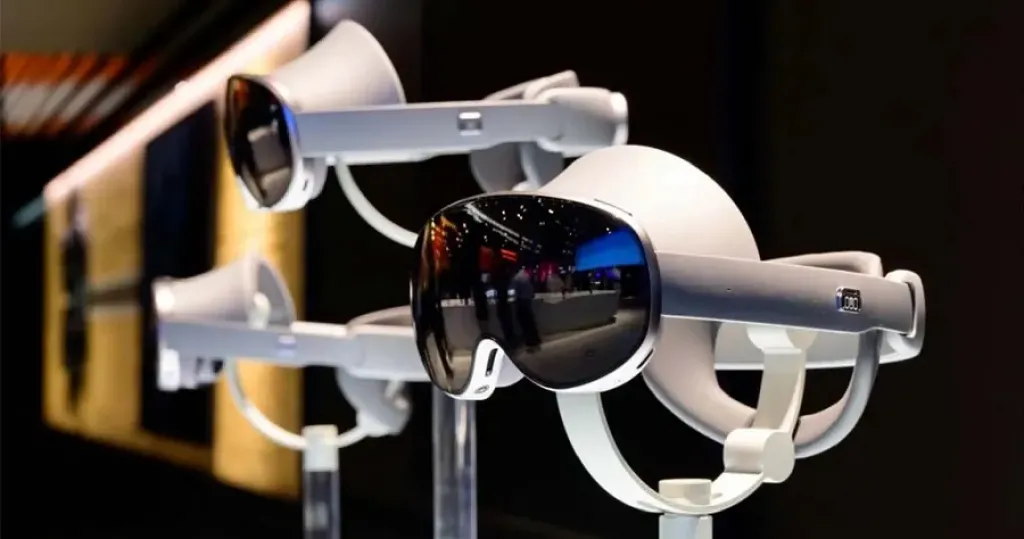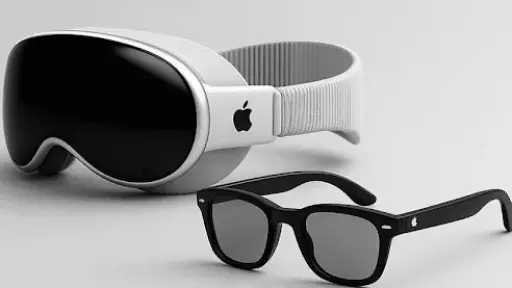Google debuts how Android XR smart glasses will bring Gemini into everyday life

Google LLC today revealed a bit more about its plans for Android XR, a new operating system for virtual reality and augmented reality devices, such as headsets and glasses, which will also connect them to the company’s flagship artificial intelligence model, Gemini.
Android XR will initially ship with virtual reality and mixed reality headsets, which create immersive, simulated environments where users interact with digital objects using head-mounted displays and controllers.
However, today at its I/O developer conference, the company debuted plans to bring the operating system to AR glasses equipped with microphones, speakers and cameras.
“For over a decade, we’ve been working on the concept of smart glasses,” said Shahram Izadi, vice president and general manager of XR at Google. “With Android XR, we’re taking a giant leap forward.”
During a sneak peek demonstration at I/O today, the company showed how these glasses could essentially become an informational superpower when worn.
These glasses work alongside a user’s smartphone, giving them access to their apps without having to take it out of their pocket. They can also pair with Gemini, which means that the AI assistant can see and hear everything around the user and understand the context of what’s going on. All they have to do is speak out loud and the AI will respond.
Empowered by Gemini, a user can receive text messages from friends, with a display appearing semitransparent, overlaid in their vision. They can also send messages, make appointments, ask for turn-by-turn directions – replete with a map or arrows – and take photos. The AI assistant can also act as a memory of what the user has seen while interacting with it, basically providing a second pair of eyes.
The company even demoed live translation between two people speaking non-English languages, with subtitles appearing privately in their glasses.
Google announced a partnership with eyewear brands, starting with Gentle Monster and Warby Parker Inc., to create stylish glasses with Android XR. Future partnerships are also planned with more glasses manufacturers, such as Kering Eyewear.
People with prescription requirements are not left out, of course, as they can have corrective lenses fitted with Android XR glasses.
Xreal Technology Co. Ltd., a Chinese maker of AR glasses, announced a pair of AR glasses today dubbed Project Aura that will run Google’s Android XR software. The company describes the glasses as lightweight extended reality smart glasses.
By extending from VR headsets to AR wearables, Google is again positioning itself to take on companies such as Meta Platforms Inc., which have already tried to enter the AR market. Meta has an AI-enabled smart glasses product from Ray-Ban in partnership with EssilorLuxottica. However, Meta’s glasses do not have an in-lens display; instead, they only use the speakers, camera and microphone to provide AI assistant context and voice response.
Google said developers will get access to a test platform later this year so that they can start building and testing. The company has already begun gathering feedback from a pool of trusted testers that will shape its approach over the coming months.







